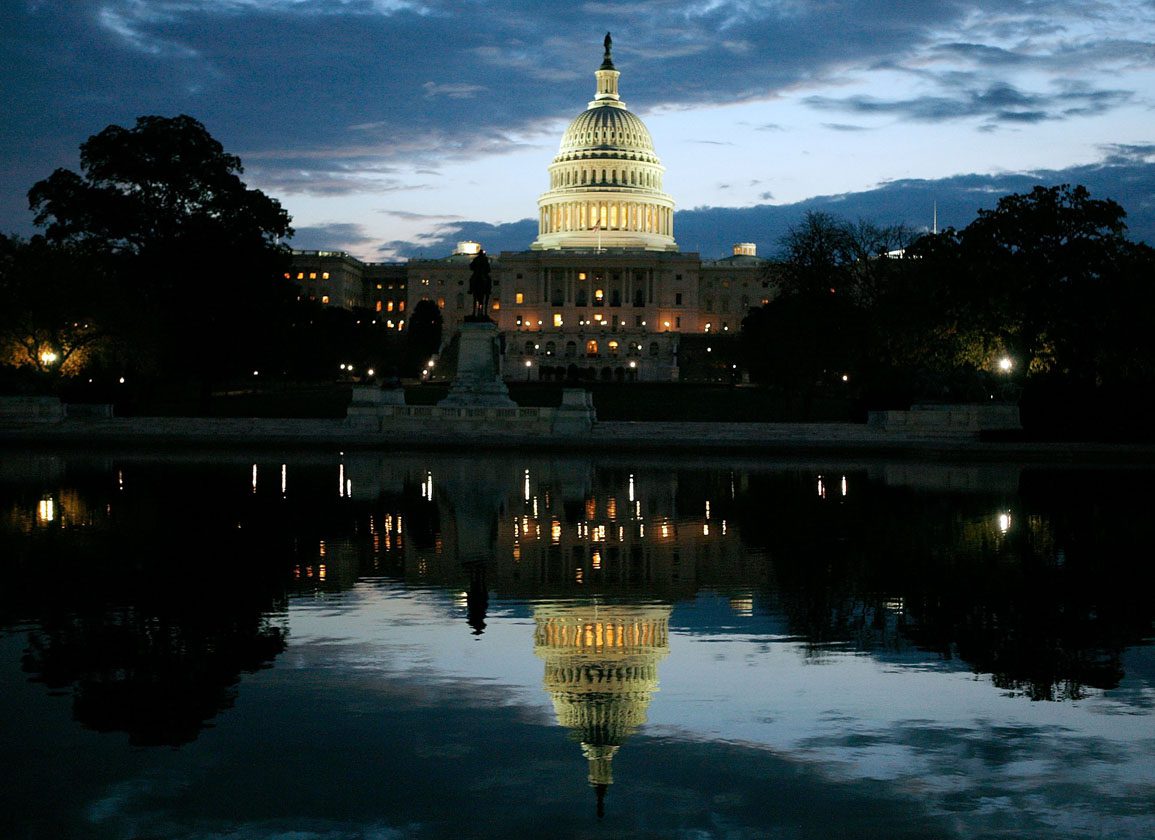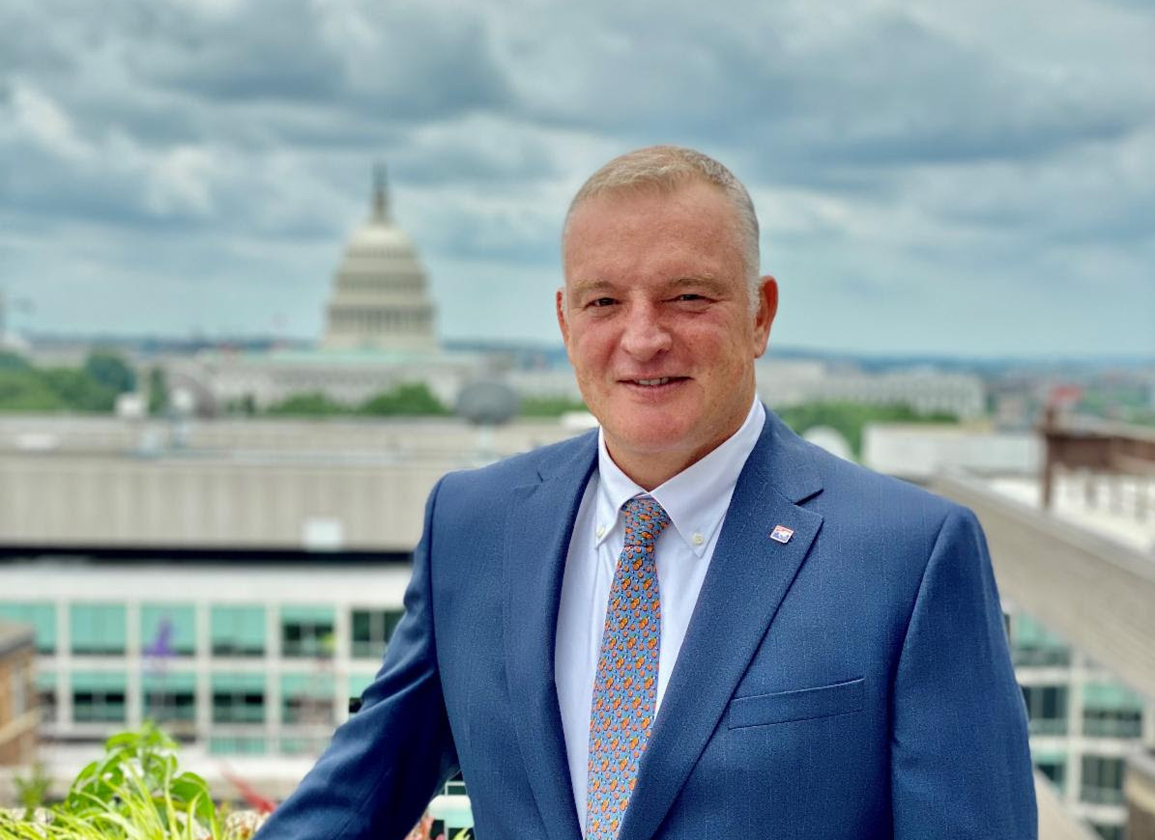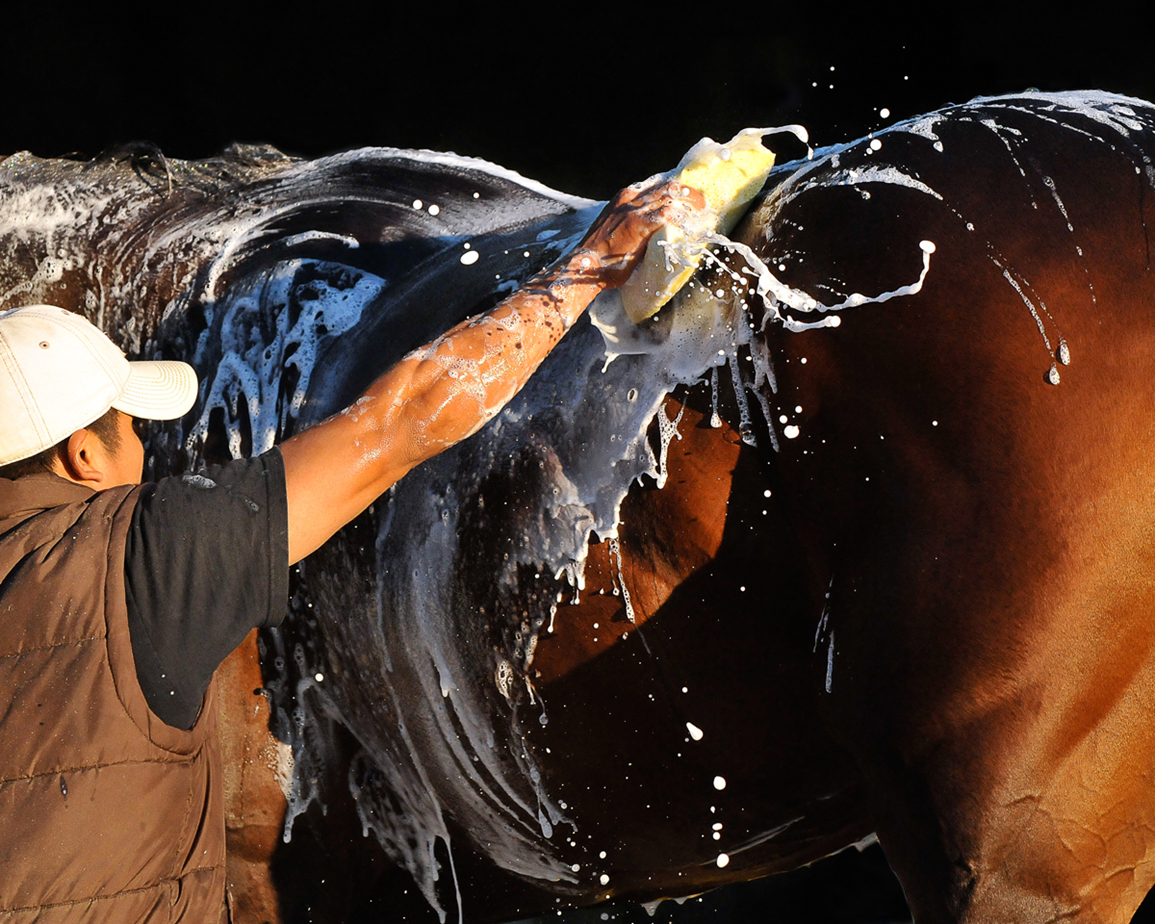With a 34 to 25 vote on Thursday, May 23, the House Appropriations Committee approved the Fiscal Year 2025 Military Construction, Veterans Affairs, and Related Agencies Appropriations Bill, which will allocate up to $5 million in grants for equine therapy under the Veterans Affairs (VA) Adaptive Sports Program, the National Thoroughbred Racing Association said in a press release on Friday. The initiative, led by Congressman Andy Barr (R-KY) and the NTRA, will award grants by the VA to eligible organizations to plan, develop, manage and implement equine therapy programs for...









